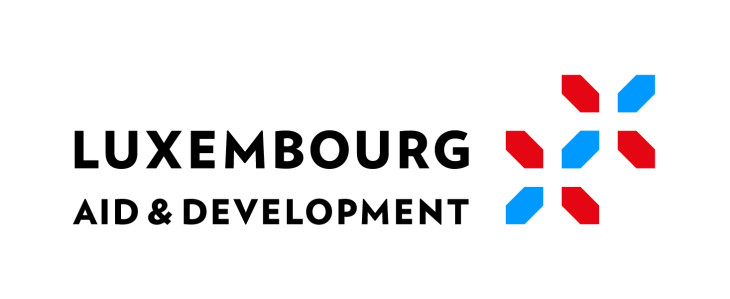New technologies have transformed humanitarian action and can facilitate humanitarian work. But the digital transformation also generates novel risks – risks that need to be addressed in collaboration with new partners.
This symposium brings together experts from the public, private and humanitarian sectors, as well as academia and civil society, to reflect on and offer solutions to key legal, strategic and operational issues that humanitarian organizations face as a consequence of the digital transformation.
The symposium has six working groups grouped into three discussion tracks. Each working group has guiding questions for its group of experts to examine.
Discussion tracks and working groups
Track 1: Common standards and principles for humanitarian data
- Working group 1: Data protection-related standards for humanitarian organizations and partners
- Working group 2: Data transfers and data flows to humanitarian organizations
Track 2: Towards building a safe and trusted digital humanitarian space
- Working group 3: Risks of hacking and surveillance: preserving neutrality, impartiality, and independence of humanitarian action in a digital world
- Working group 4: Neutrality, impartiality, and independence of humanitarian action in a digital environment - Lessons learnt from Digital Sovereignty
Track 3: Operationalization of data protection and cybersecurity in humanitarian action
- Working group 5: Data protection by design for humanitarian tech
- Working group 6: Training and capacity-building for humanitarians
Hosted by:

Developed in collaboration with:


